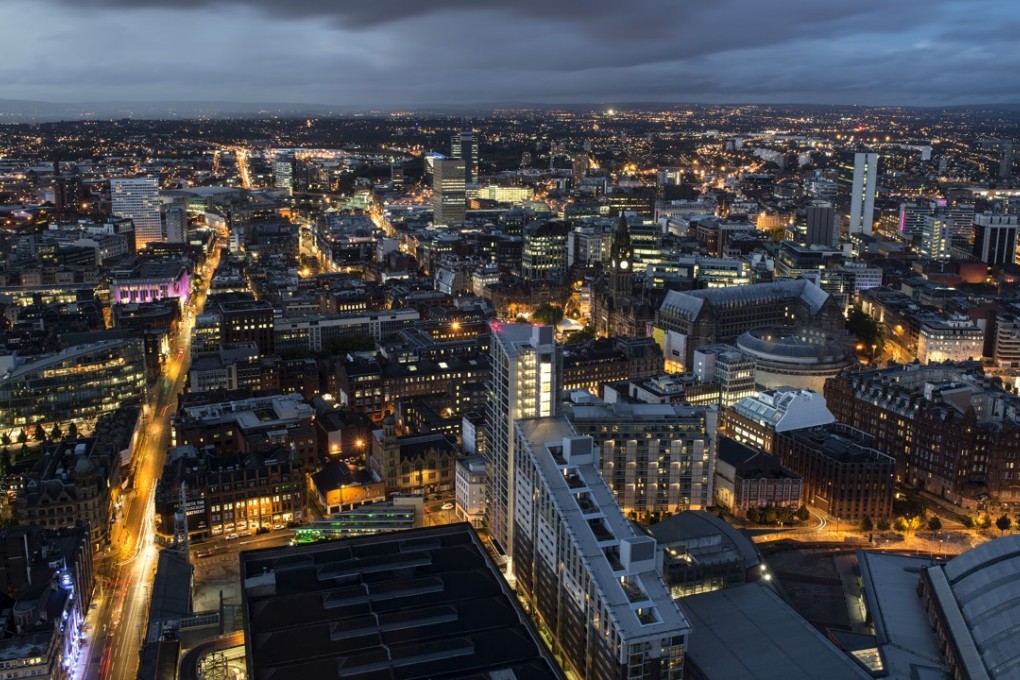Birmingham, Manchester house price growth to outstrip London as it feels pain from Brexit fallout
Home prices in London fall by as much as 15pc, while the northwest England had the fastest growing market

The north-south divide in house prices is beginning to narrow as the booming London property market fizzles out, according to experts who forecast parts of northern England are set to maintain a recent increase in value.
Growth in house prices in the capital is expected to slip below the national average, continuing a slide triggered by the Brexit vote. This will result in further downgrades in parts of the city with the greatest concentrations of luxury flats, the experts said. Meanwhile, major regional cities such as Manchester and Birmingham and their suburbs are expected to grow faster than the rest of the country, albeit rising from a lower level than London.
Nitesh Patel, a housing economist at Halifax bank, said: “Affordability issues suggest that price growth will continue to remain low. [But] outside London, there are few signs of significant stresses.”
Savills, the estate agency group, forecasts average UK house price growth of 14 per cent over the next five years – but with London significantly underperforming the rest of the country by growing at roughly half that rate. In sharp contrast, the northwest is projected to see the strongest growth in Britain at about 18 per cent.
Rupert des Forges, a partner at the property agents Knight Frank, said: “You’ve got a generation of people who, unless they’re helped, are really going to struggle to get into London. You’re going to see an almost democratisation of house prices across the country as a result.”
The comments came as a survey this week showed that house prices in prime parts of London had tumbled deeply over the past year, with Wandsworth – which includes much of Clapham, Balham and Putney – falling nearly 15 per cent. By contrast, the figures from estate agency Your Move showed that the northwest was now the fastest growing market in England and Wales with prices in Blackburn growing 16.4 per cent.